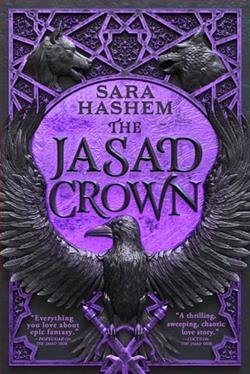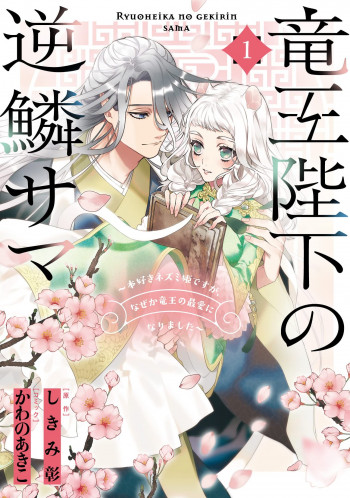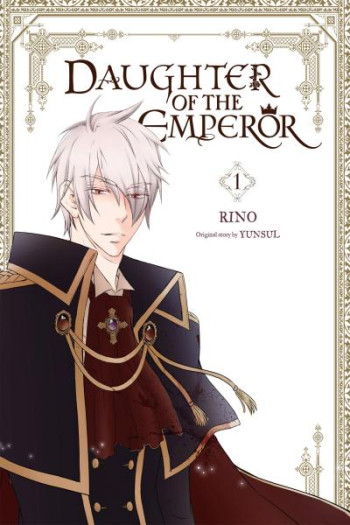Martial Peak Reviews
Sara Hashem's The Jasad Crown is a riveting conclusion to the Scorched Throne duology, a series that has captivated readers with its rich Egyptian-inspired world and complex characters. This final installment is a masterful blend of political intrigue, personal sacrifice, and the relentless pursuit of identity and power. Hashem's narrative prowess shines as she weaves a tale that is both epic in scope and deeply personal in its exploration of loyalty, love, and the burdens of leadership.
At the heart of The Jasad Crown is Sylvia, a fugitive queen whose journey from denial to acceptance of her legacy is both compelling and relatable. Sylvia's character development is one of the novel's greatest strengths. Initially, she is a reluctant leader, burdened by the weight of her past decisions and the fear of her own power. However, as the story unfolds, Sylvia evolves into a formidable force, driven by a newfound determination to reclaim her kingdom and protect her people. This transformation is not without its challenges, as Sylvia grapples with the dual threats of losing control over her magic and her mind. Hashem skillfully portrays Sylvia's internal struggle, making her a deeply sympathetic and multidimensional protagonist.
In contrast, Arin's journey is one of moral and ethical conflict. Caught between his father's authoritarian ambitions and his own commitment to the sacred edicts, Arin's quest to find Sylvia becomes a journey of self-discovery. His character arc is a poignant exploration of familial loyalty and personal integrity. Arin's internal conflict is palpable, and Hashem does an excellent job of illustrating the tension between duty and desire. His relationship with Sylvia adds an additional layer of complexity, as their shared history and mutual goals intertwine in unexpected ways.
The themes of identity and legacy are central to The Jasad Crown. Sylvia's struggle to embrace her heritage and the responsibilities that come with it is mirrored by the broader political landscape of the novel. The Urabi, who have captured Sylvia, see her as the key to restoring Jasad to its former glory. This external pressure amplifies Sylvia's internal conflict, creating a narrative that is as much about personal growth as it is about political power. Hashem deftly explores the idea that true leadership requires not only strength but also vulnerability and self-awareness.
War looms large over the narrative, serving as both a backdrop and a catalyst for character development. The impending conflict forces characters to confront their deepest fears and desires, leading to moments of profound introspection and revelation. Hashem's depiction of war is nuanced, highlighting its capacity to both destroy and unite. The stakes are high, and the tension is palpable, making for a gripping read that keeps the audience on the edge of their seats.
Hashem's world-building is another standout aspect of the novel. The Egyptian-inspired setting is richly detailed, with a vibrant culture and history that add depth and authenticity to the story. The Jasadi fortress, in particular, is a symbol of both hope and destruction, embodying the dual nature of power. Hashem's descriptive prose brings the world to life, immersing readers in a landscape that is as beautiful as it is dangerous.
In comparison to other fantasy works, such as Sabaa Tahir's An Ember in the Ashes or Tomi Adeyemi's Children of Blood and Bone, The Jasad Crown stands out for its intricate character dynamics and its exploration of the psychological aspects of leadership. While Tahir and Adeyemi also delve into themes of resistance and identity, Hashem's focus on the internal struggles of her characters adds a unique dimension to the narrative. The psychological depth of Sylvia and Arin's journeys sets The Jasad Crown apart, offering readers a more introspective take on the fantasy genre.
Overall, The Jasad Crown is a powerful conclusion to the Scorched Throne duology. Sara Hashem has crafted a story that is both epic and intimate, exploring the complexities of power, identity, and love with sensitivity and insight. The novel's themes resonate long after the final page, leaving readers to ponder the true cost of leadership and the sacrifices required to forge one's destiny. For fans of character-driven fantasy with a rich cultural backdrop, The Jasad Crown is a must-read that will not disappoint.
























Reviews 0
Post a Reviews: